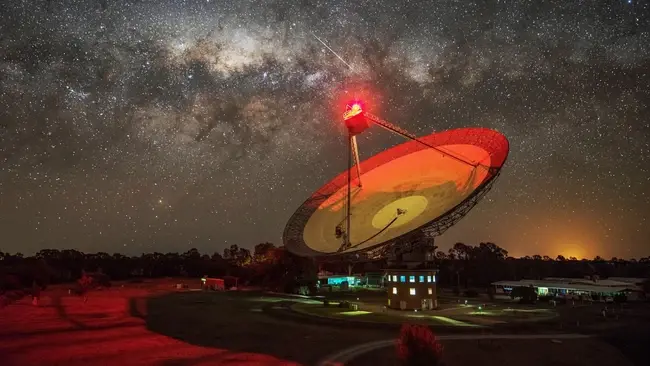
The search for intelligent life is about to become much more interesting!
There are an estimated 100 billion galaxies in the universe, each containing an unfathomable number of planets... and there are now new ways to detect indications of life on them.
The question of whether or not we are alone in the universe has been pondered throughout human history.
What is AI?
Artificial Intelligence (AI) refers to the simulation of human intelligence in machines that are designed to think and act like humans. These machines are trained to perform tasks that typically require human-level intelligence, such as recognising patterns, making decisions, and solving problems. AI has the potential to transform a wide range of industries, from healthcare and finance to transportation and manufacturing.
Artificial intelligence has the potential to revolutionise the search for extraterrestrial life by processing vast amounts of data and identifying patterns that may indicate the presence of life beyond our planet. With its ability to analyse large datasets, AI can assist in detecting signals from distant planets, analyse the chemical composition of exoplanetary atmospheres, and help in the search for biosignatures, which are signs of life.
But this is easier said than done...
However, the discovery of alien life is a complex and multi-disciplinary field that requires input from various experts such as astronomers, biologists, and geologists. The current technology is not yet advanced enough to fully automate the process of finding extraterrestrial life. AI can provide valuable support in the search for extraterrestrial life but its findings need to be confirmed and interpreted by experts.
In conclusion, AI has the potential to play a major role in the discovery of extraterrestrial life, but it is still in its early stages of development and needs to be further developed and refined. The discovery of extraterrestrial life would be a major breakthrough in our understanding of the universe and would have significant implications for science, technology, and society as a whole.












